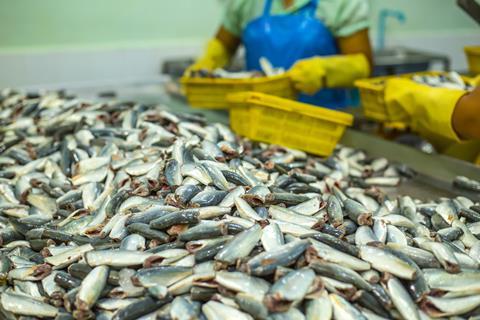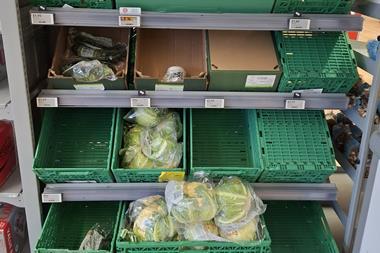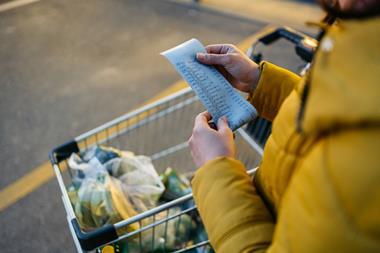
Businesses are preparing for food supply disruptions as many Chinese ports and factories remain closed to try and halt the spread of coronavirus.
Beijing is encouraging many industries to restart operations but millions of workers remain at home, leaving production lines deserted and placing global supply chains under pressure.
British food importers may soon notice disruptions from ‘the world’s factory’ if the virus is not quickly restrained.
China is a hub for fish processing, exporting more fish to the UK than any other country last year, according to official import data. The country also supplies a third of the UK’s garlic as part of a vast range of widely used ingredients.
“The world’s vitamins are effectively made in China,” said Richard Page, MD at Inspired Pet Nutrition. This left nutritionally enriched foods such as cereals, orange juice and flour susceptible to disruption, he added.
How could the coronavirus affect food and drink supplies?
The meat industry is not yet affected, though “it’s inevitable that things will start to happen,” said Nick Allen, CEO at the British Meat Processors Association.
Many manufacturers may still be unaware that aspects of their supply chain are at risk, he added. “It could be a bit like the CO2 issue we had about 18 months ago, no one actually knew where it came from. People just turn up and deliver these things. It was only when you couldn’t get it that they put two and two together on where it comes from.”
As with the CO2 shortage, coronavirus is now threatening many of the non-food elements of production.
“There’s a concern that there may be a reduced flow of raw materials like steel for making cans,” said Walter Anzer, director general of the British Importers & Distributors Association.
Existing stockpiles of both steel and canned foods should prevent any immediate impact, but there could be longer-term consequences if the disruption caused by the virus continues.
“Canned food can last for three or four months but if this goes on and on then it will create a shortage,” Anzer said.
With Chinese supermarkets struggling to stock their shelves and many restaurants closed, sending food abroad is unlikely to be a priority, he added.
“Exporting is probably not at the foremost of people’s mind in China at the moment. They are focused on feeding their own people.”



















No comments yet